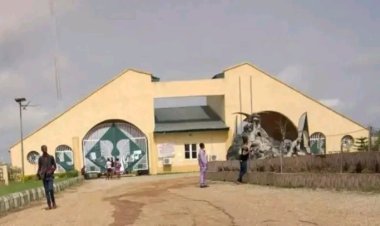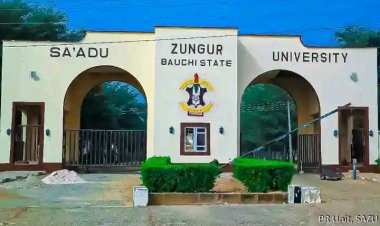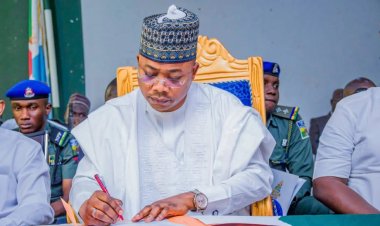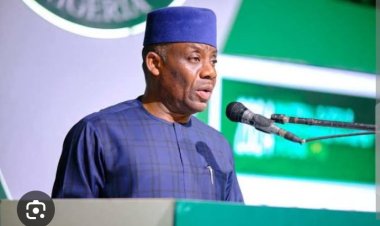Prof Abubakar Sani Sambo Highlights Nigeria's Energy Supply Challenges at ANSEN Public Lecture in ABU
Prof. Abubakar Sani Sambo, President of the Nigerian Academy of Science, has emphasized the need for Nigeria to improve its electricity supply.
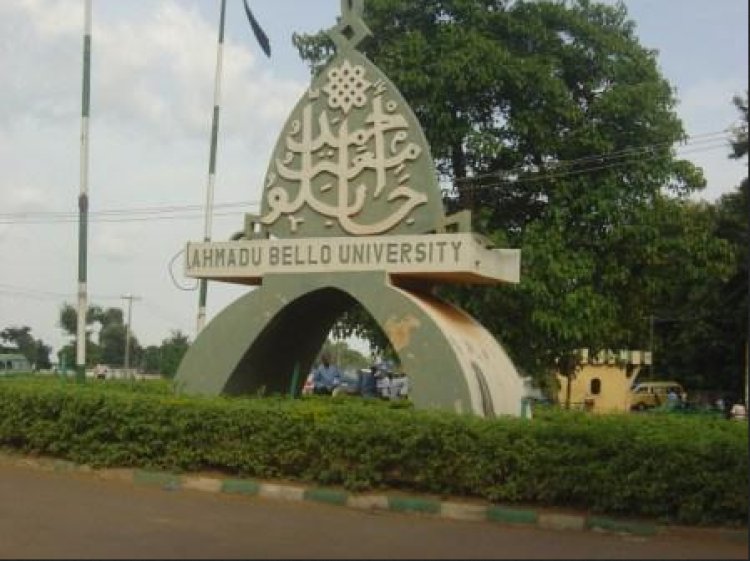
The President of the Nigerian Academy of Science, Prof. Abubakar Sani Sambo, has underscored the urgent need for Nigeria to significantly enhance its electricity supply to meet national demands. Speaking at a public lecture organized by the Academy of Natural Science and Engineering in Nigeria (ANSEN) at Ahmadu Bello University (ABU), Zaria, the renowned energy expert provided insights into the country's current energy supply situation and the way forward.
Prof. Sambo, a former Director-General of the Energy Commission of Nigeria, revealed that while Nigeria’s electricity access rate stands at approximately 62 percent, the country’s installed generation capacity is about 14,000 MW. However, he pointed out that the actual generation capacity is around 7,500 MW, with only 4,000 - 5,000 MW being dispatched to the national grid for distribution. This, he noted, results in an annual per capita electricity consumption of 175.2 - 219 kWh for Nigeria’s over 220 million people.
Comparing Nigeria’s electricity consumption with global standards, the professor cited a 2019 report from the International Energy Agency (IEA), which estimated sub-Saharan Africa’s average annual electricity consumption per capita at 500 kWh, while the global average stood at 2,604 kWh. He stated that to meet sub-Saharan Africa’s benchmark, Nigeria would need to generate approximately 11,500 MW, and to attain the global average, the country would require about 59,000 MW. He described the current supply of at best 5,000 MW as grossly inadequate for a country of Nigeria’s size and population.
Prof. Sambo further highlighted that, according to the 2019 IEA report, Nigeria ranked 17th out of 55 African nations in electricity access. He identified several critical challenges impeding electrification in Africa, including inadequate infrastructure with low local content, insufficient indigenous human and manufacturing capacities, lack of investment in energy development, weak regulatory frameworks, and deficiencies in governance and political will.
Addressing climate change concerns, Prof. Sambo emphasized that the United Nations aims to limit global warming to 1.5 degrees Celsius to mitigate its adverse effects on the planet. He called for strategic planning and decisive action to improve Nigeria’s energy security and achieve sustainable development.
The event, hosted by ANSEN at ABU, provided a platform for stakeholders to deliberate on sustainable energy solutions and the role of state governments in driving energy development across the country.

 Chris Oyeoku Okafor
Chris Oyeoku Okafor 